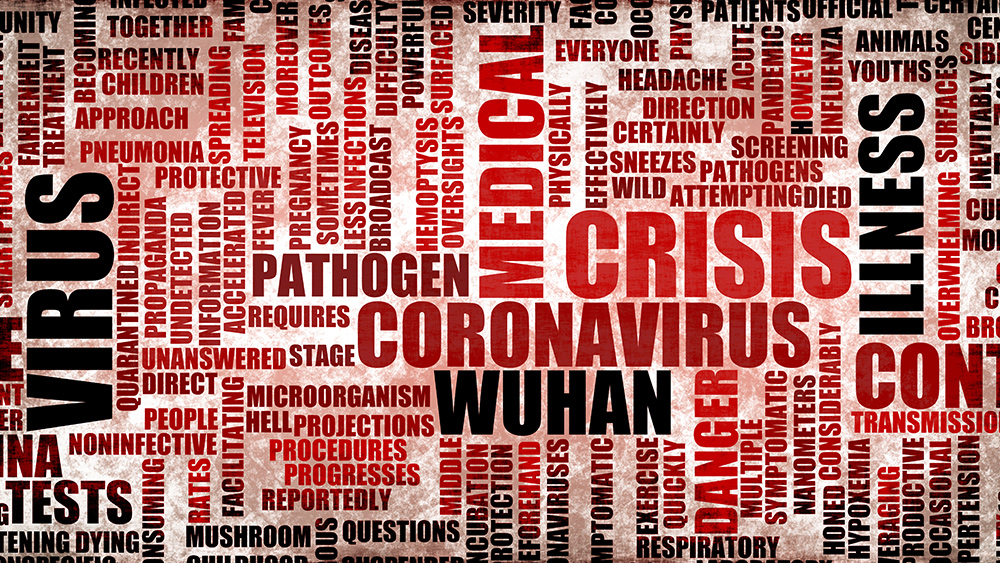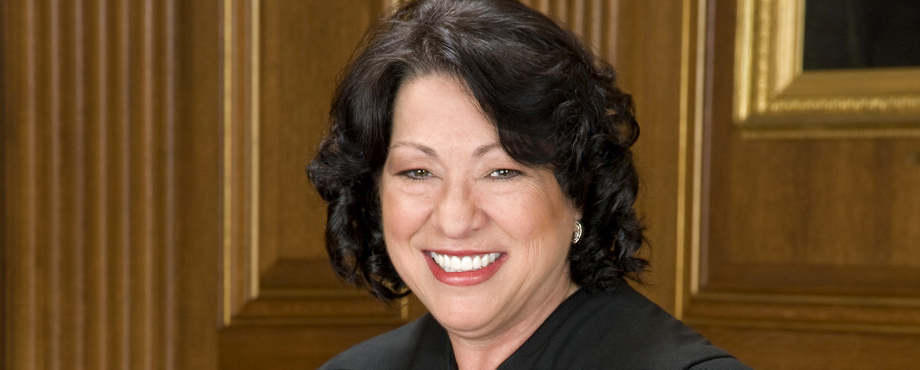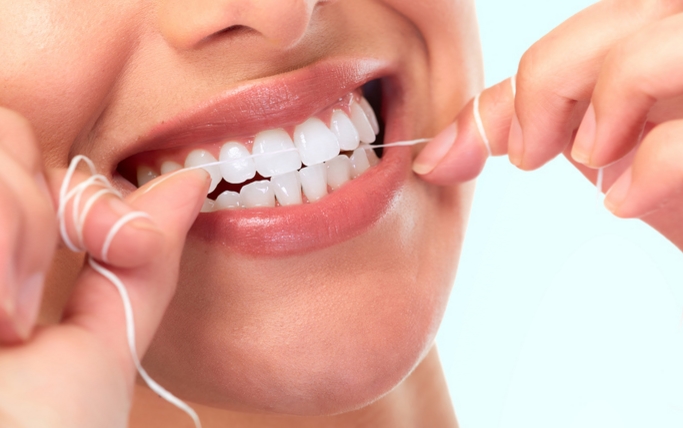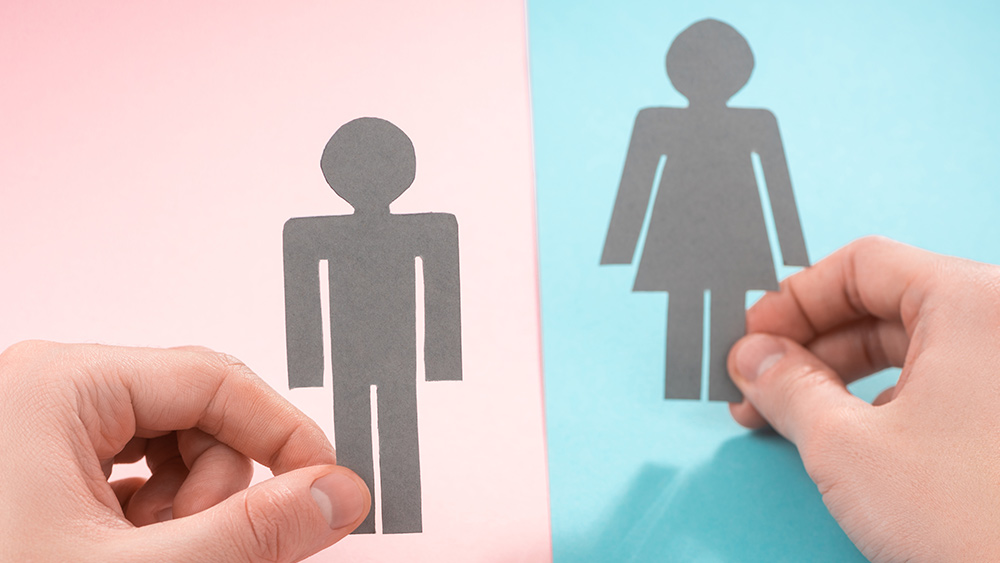Face masks make it harder to hear, affect social interaction
12/04/2020 / By Divina Ramirez

Even without a national mask mandate, people in some states are required to wear face masks in public places and inside business establishments like bars and restaurants across the U.S. But this might be easier said than done for people with hearing loss.
In fact, researchers from the University of Manchester in the U.K. warned that the use of masks to control the spread of the coronavirus can lead to stress, anxiety and feelings of isolation, especially in people with hearing loss.
The researchers came to this conclusion after their survey showed that face masks made communication more challenging for both speakers and listeners. For starters, face masks muffle sound, making it difficult to hear.
Face masks also obscure non-verbal cues like facial expressions and make lip-reading impossible. These kinds of cues supplement speech understanding for people who are hard of hearing.
The researchers also found that face masks affect people’s willingness to interact with others. This may lead to higher levels of stress, heightened anxiety and embarrassment.
The full findings of the study recently appeared online in the International Journal of Audiology.
Harder hearing and communication
To analyze the impact of face masks on hearing and communication, the researchers quizzed 480 people from the U.K. on how face masks affected how they communicate as a speaker and as a listener. Those with hearing loss were intentionally oversampled.
Nearly half of the respondents (46 percent) said face masks affected communication, while a quarter said face masks may have affected communication.
On the other hand, 62 percent of the respondents said they were wearing a mask at some point while trying to talk to someone. Of these respondents, 60 percent said they were forced to communicate differently than they would have otherwise done in a mask-free setting.
Respondents also reported that face masks increased their anxiety and stress and made communication more fatiguing and embarrassing as a speaker and a listener. These negative effects were also worse for people with hearing loss.
Moreover, face masks affected how people connected with others, as well as their willingness to communicate. Given these findings, the researchers concluded that masks negatively affect communication for everyone, but especially for people with hearing loss. (Related: Poor nutrition in early childhood linked to hearing loss.)
These findings also represent a call to action for experts to develop better face masks that are better suited for communication, noted lead author Gabrielle Saunders. That being said, respondents said they used their eyes, gestures and facial expressions to supplement their speech while wearing a face mask.
Saunders and her colleagues also hope that problems surrounding the use of face masks while communicating, such as embarrassment, frustration and anxiety, will disappear as they become more common.
In the meantime, here are four tips for communicating better while wearing a face mask for people who have hearing difficulties, according to audiology professor Kevin Munro:
- Reduce background noise, or talk somewhere quiet.
- Do not shout.
- Wear a hearing aid or use portable hearing amplifiers, if available.
- Use applications that provide amplification or transcribe speech in real-time.
Other disadvantages
Besides muffling sound and complicating communication, face masks have other disadvantages, such as:
- Creates false sense of security – Face masks can help prevent transmission to a certain degree. But frequent hand washing is still one of the best ways to prevent the spread of the coronavirus.
- May restrict breathing – Face masks can make breathing difficult for some people, especially people with serious respiratory diseases that heavily affect their lung capacity.
- Irritates the skin – The materials used to make face masks can rub on the skin, irritating it. This may lead to breakouts and rashes. In people with skin allergies, face masks can even trigger flare-ups.
- Irritates the eyes – Because of the structure of face masks, exhaled air tends to exit upwards towards the eyes. This can make the eyes feel dry and may also mildly affect vision. It also fogs up glasses.
- Can spread disease – The coronavirus can remain active for several hours on the surface of different objects, including face masks. If not disposed of properly, a dirty face mask can become a health hazard.
- May hurt young children – Face masks should not be used on children under two years. Children in this age range cannot reliably remove their face mask by themselves if it starts to cause breathing issues.
Learn more about the pros and cons of wearing a face mask at Pandemic.news.
Sources include:
Submit a correction >>
Tagged Under:
anxiety, coronavirus, covid-19, division, face masks, freedom, health freedom, hearing loss, interpersonal communication, isolation, Liberty, pandemic
This article may contain statements that reflect the opinion of the author
RECENT NEWS & ARTICLES
MedicalFascism.News is a fact-based public education website published by MedicalFascism News Features, LLC.
All content copyright © 2018 by MedicalFascism News Features, LLC.
Contact Us with Tips or Corrections
All trademarks, registered trademarks and servicemarks mentioned on this site are the property of their respective owners.




















